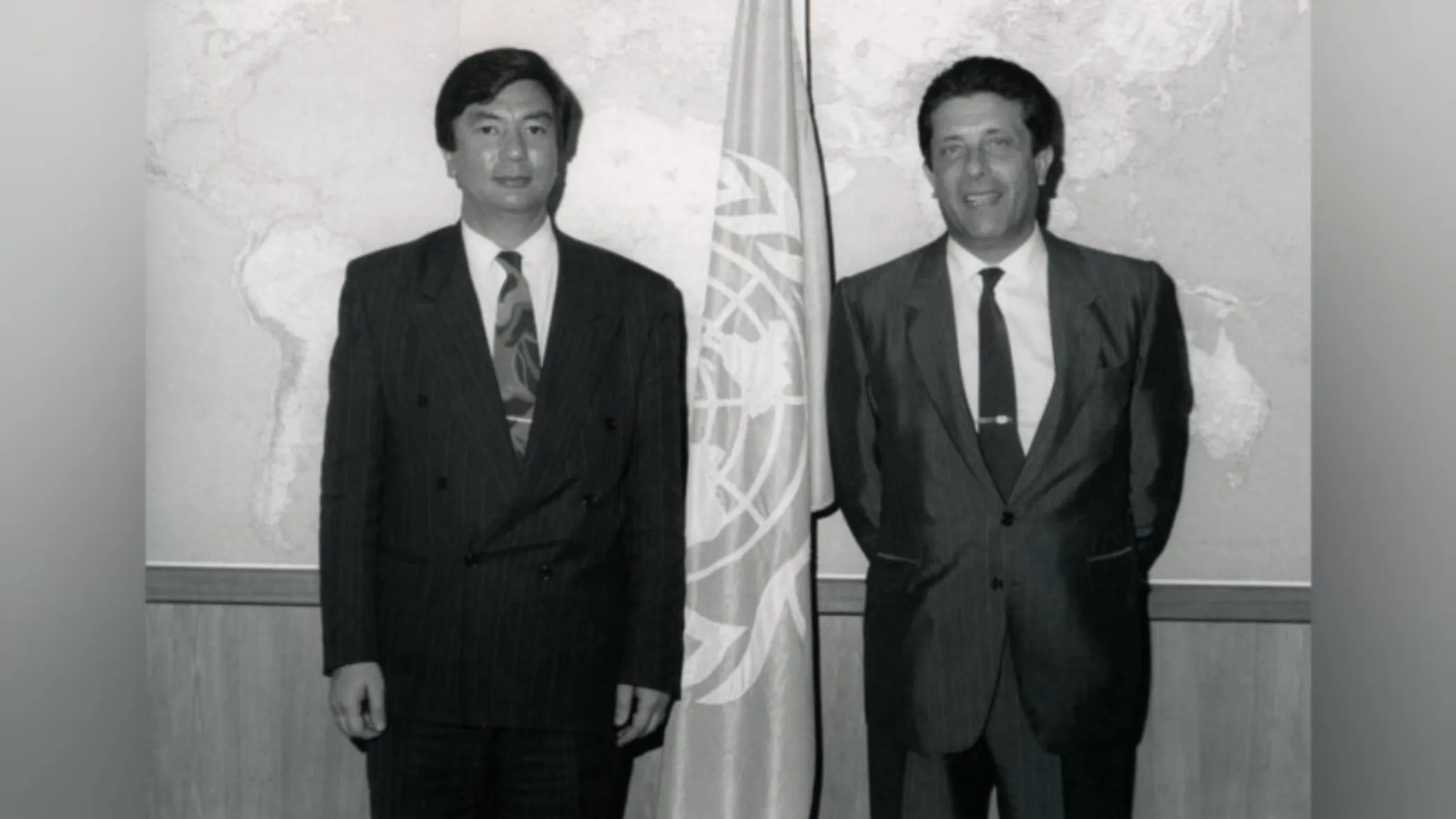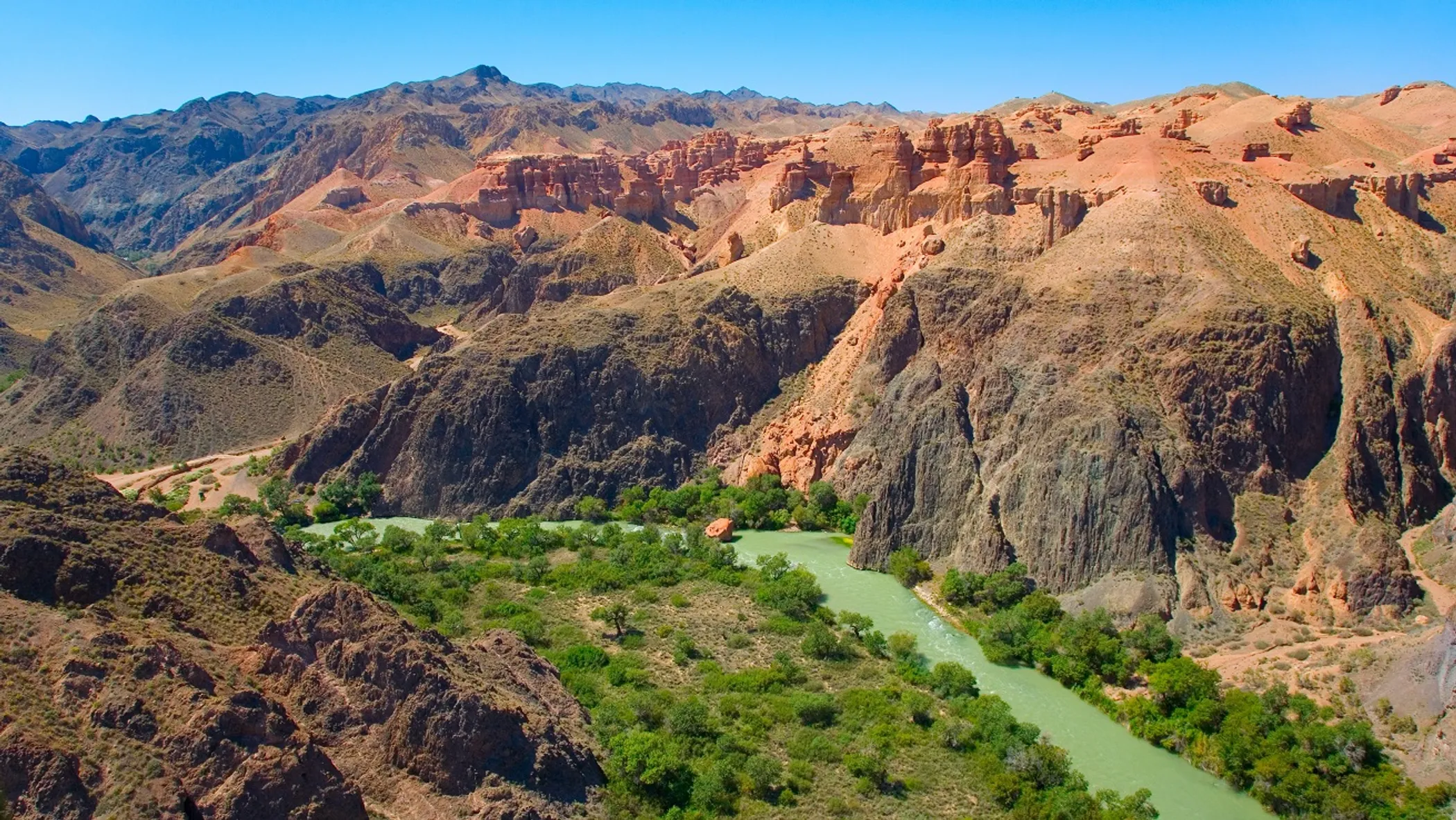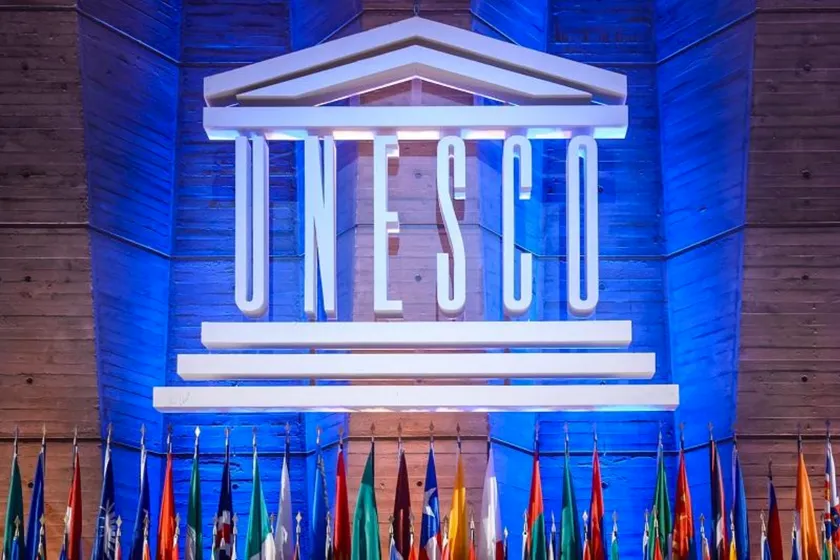This year, Kazakhstan commemorates the 30th anniversary of its membership in the United Nations Educational, Scientific, and Cultural Organization (UNESCO).
30 years with UNESCO
Kazakhstan was accepted as a full-fledged member of the organization at the plenary meeting of the 46th Session of the UN General Assembly on May 22, 1992.

The next year, in 1993, Kazakhstan first established the National Commission of the Republic of Kazakhstan for UNESCO to identify priority areas for cooperation. In August 1995, Kazakhstan and UNESCO signed a Memorandum of Cooperation and an agreement to establish a UNESCO Office in Almaty.
The Ministry of Foreign Affair writes that, since becoming a member, Kazakhstan placed great importance on strengthening cooperation with UNESCO in the fields of science, culture and education.
During the last thirty years, Kazakhstan created four national committees working on UNESCO’s global programs including the International Hydrological Program, Man and the Biosphere, Bioethics, and UNESCO Global Geoparks.
In November 2019, Kazakhstan was elected to the International Coordinating Council of the Man and the Biosphere (MAB) Program until 2023, and, on May 28, 2020, Almaty's Institute of Geography opened a UNESCO-backed Central Asian Regional Glaciological Center.
A total of 15 biosphere reserves in the country have been included in the World Network of Biosphere Reserves, while 11 nominations are in the UNESCO Representative List of Intangible Cultural Heritage (ICH) of Humanity.

In the area of culture, a resolution on the promotion of interreligious and intercultural dialogue, understanding and cooperation for peace was adopted at the 67th session of the United Nations General Assembly. The International Center for the Rapprochement of Cultures (ICRC) was opened in Almaty on the basis of establishing collaborative work between the country and the organization.
Since Kazakhstan became a party to the 1972 World Heritage Convention, five sites have been added to the World Heritage List, including the Mausoleum of Khoja Ahmed Yasawi, which was the first memorial to enter the list back in 2003.
Earlier in 2021, UNESCO added the 150th anniversary of prominent Kazakh scholar and poet Akhmet Baitursynov and the 100th anniversary of pop and opera singer Roza Baglanova to its list of anniversaries for 2022-2023.
Another priority for Kazakhstan has been its work on UN SDG 4 which pledges to "Ensure inclusive and equitable quality education and create lifelong learning opportunities for all".
As of now, thirty-one local schools are certified by the UNESCO Associated Schools Network (ASPnet), and five UNESCO Chairs Programs are in operation in the country.










